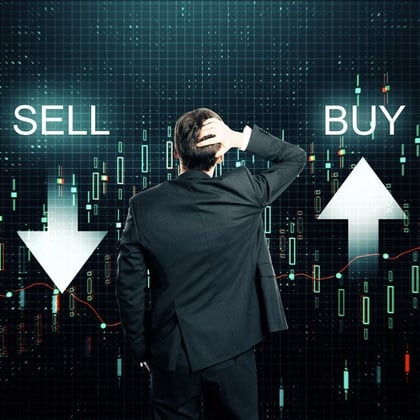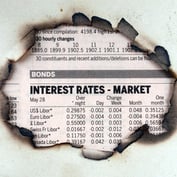What You Need to Know
- Investments in specific strategies have more than doubled in assets under management globally since 2018.
- A buy-and-hold approach would have offered better results for most, the study found.
- More volatile funds seem to induce more frequent trading and a tendency to buy high and sell low.
Poorly timed trades caused investors in thematic funds to miss two-thirds of the returns in those vehicles, a recent Morningstar study found.
Investors in thematic funds earned on average only 2.4% a year over the five years through June 30, well short of thematic funds’ overall 7.3% average total return annualized, according to “The Big Shortfall.”
This meant that investors experienced a 4.9-percentage-point annual return shortfall due to mistimed purchases and sales, according to Morningstar.
“Our findings show that, in aggregate, investor buying and selling habits connected with thematic funds over the last five years have destroyed considerable value,” a Morningstar report on the research said.
Thematic funds, which invest in particular strategies, such as artificial intelligence or aging populations, have more than doubled in assets under management globally since 2018 and sparked questions about how investors use them, Morningstar noted.
Global thematic fund AUM, excluding China, more than doubled to $632.4 billion in September this year from $262.3 billion in Sept. 2018, according to Morningstar.
They saw a far greater gap in investor versus fund returns than non-thematic funds, according to the study, which found an only 0.5% gap in investor returns compared with returns for all equity funds in the same five years.












 Copyright © 2024 ALM Global, LLC. All Rights Reserved.
Copyright © 2024 ALM Global, LLC. All Rights Reserved.